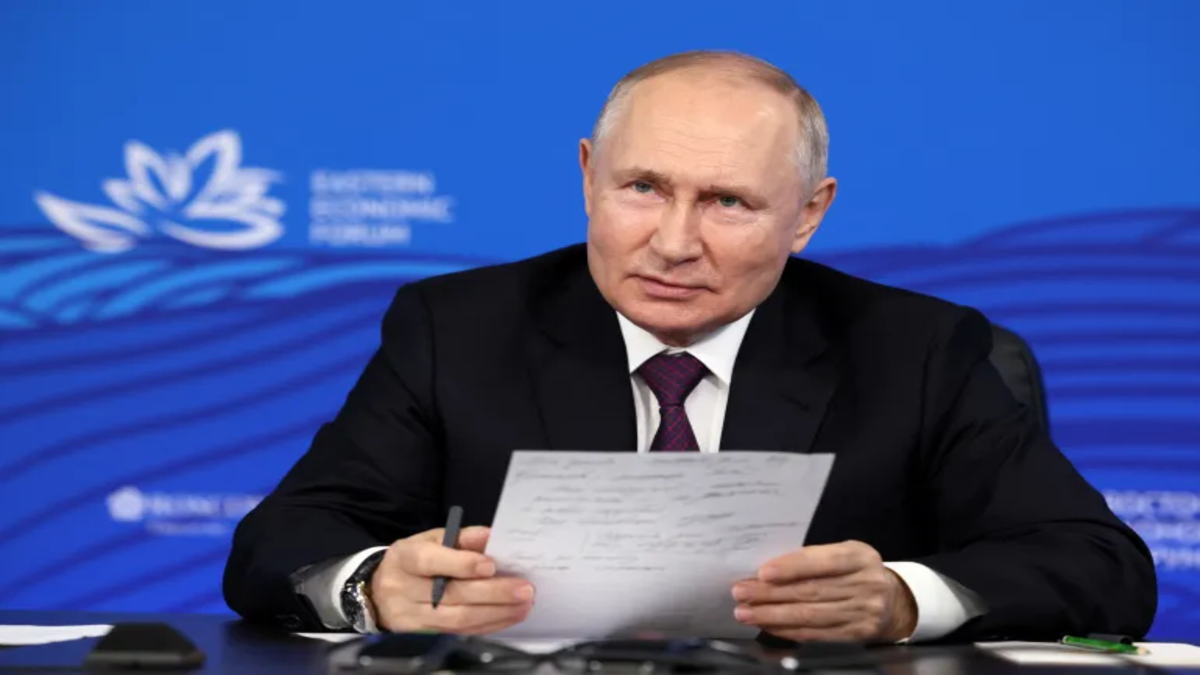In the intriguing world of international politics, few figures are as enigmatic as Russian President Vladimir Putin. Behind the scenes, Putin maintains a tight-knit inner circle, filled with officials and aides who have stood by his side for decades. Loyalty, it seems, is the thread that binds this inner circle together. But what lies beneath this unwavering commitment?
In a revealing interview, Putin emphasized his expectations of absolute loyalty, making it clear that betrayal was unforgivable. It’s no surprise, then, that loyalty is a trait he holds in high regard among his closest confidants. Many of these individuals have journeyed alongside him since his days in the Soviet security service, the KGB, long before he assumed the presidency in 1999.
Dmitry Peskov, Putin’s press secretary and a prominent member of his inner circle, shed light on the qualities the president values most. While loyalty is paramount, it’s not the sole criterion. According to Peskov, three qualities are essential: professionalism, efficiency, and loyalty.
Among Putin’s inner circle are familiar faces who have served him faithfully for years. Russian Foreign Minister Sergey Lavrov, in his post since 2004, and Defense Minister Sergei Shoigu, holding his position since 2012, are just two examples. This circle also includes influential figures like Prime Minister Mikhail Mishustin, Moscow Mayor Sergei Sobyanin, and the heads of Russia’s state security services.
However, some argue that loyalty holds a more significant sway in the Kremlin than competency. Russia’s system is described as an archaic one, built on personal loyalty rather than efficiency. Even leaders like Dmitry Medvedev, considered inefficient by some, have been retained as long as they demonstrate unwavering loyalty.
Critics argue that Putin’s fixation on loyalty is rooted in deep insecurity and fear of competition. He prefers those who do not challenge the status quo, perhaps fearing they may outshine him. This fixation on loyalty can lead to blind spots, as seen in Russia’s ill-fated invasion of Ukraine.
The invasion initially appeared as if it would be effortless, but it soon became apparent that Ukraine was putting up fierce resistance. Questions arose about the competency of Russia’s military leadership, with Defense Minister Shoigu facing criticism from some quarters. Loyalty prevailed, however, as Putin sided with his loyal defense minister.
The rise and fall of Yevgeny Prigozhin, a convict-turned-businessman with close ties to Putin, provide a striking example of the consequences of challenging the state. Prigozhin’s rebellion against the Russian defense ministry and his attempt to march on Moscow led to his demise. Putin’s message was clear: loyalty to the state is non-negotiable.
While Prigozhin’s influence and power grew, he became an anomaly, openly challenging state institutions and Putin himself. His fate was sealed when he crossed these boundaries, resulting in his eventual demise.
Professionalism and efficiency also play a role in determining who stays close to the Russian president. This unique blend of qualities, combined with a culture of loyalty, shapes Putin’s inner circle. It’s a complex dynamic that continues to define Russian politics, often with significant consequences on the international stage.
